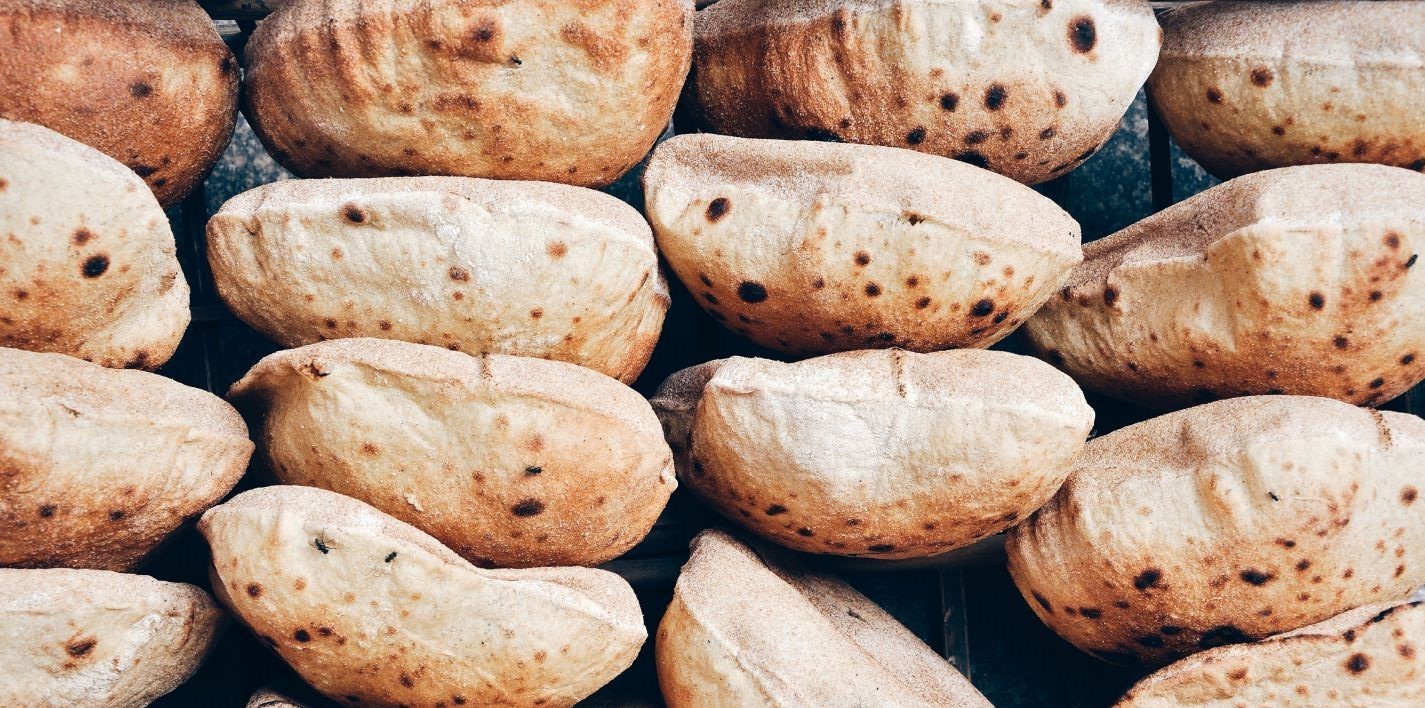The community bakery empowering Egypt’s rural women
IFAD Asset Request Portlet
Asset Publisher
The community bakery empowering Egypt’s rural women
Estimated reading time: 3 minutes
Egyptian bread has always been something special. Renowned for its unique taste and texture, it’s been a staple of the country’s diet and culture for millennia. Fresh bread remains an indispensable part of Egyptian daily life. Virtually all neighborhoods have their own bakery, many of which still use recipes and baking methods handed down from the days of the pharaohs.
So, when Hasaneya Mohasab began drafting her latest business plan, she thought a bakery was a good place to start. This one would have a twist, though – it would be staffed and operated entirely by rural women.
Hasaneya is a project manager for the Community Development Association of Naqada, a nonprofit organization dedicated to expanding economic opportunities for people in Qena Governorate, a region of Egypt near the midpoint of the Nile River. She knew that women in Qena, as in many other parts of the country, have limited opportunities for gainful employment. Due to social norms and a variety of other cultural factors, many don’t work outside the home after marriage.
In light of this, she wanted to create something that would offer job opportunities for the women in her community. With the support of PRIME, an IFAD-supported project working with the Government of Egypt, she was able to secure a loan of 2 million Egyptian pounds (about US$128,000.00) from a development agency partnering with the programme. She used the funds to formally establish the business and purchase the necessary equipment and supplies.
Thanks to the gender awareness training she’d received from PRIME, Hasaneya was able to design the business in a way that would be responsive to local women’s needs. Ultimately, she decided to establish decentralized production units close to residential areas, thus allowing employees to easily return home during the day as needed.
The next step was to reach out and begin hiring local women. Fortunately, the gender awareness training also helped her present a convincing business case. She and her team began visiting women and their families in their homes to discuss the bakery, underlining that they would have flexible hours and a safe working environment. At first, about 10 women agreed to join. After receiving training from PRIME on everything from meeting food safety regulations to branding and marketing, they began in earnest.
The business took off quickly. They soon gained a good reputation throughout Qena for their products – delicious, fresh, made from scratch with the best ingredients. Demand rapidly increased, and Hasaneya soon had to add more production units to keep up.
And as word about the bakery spread, more and more women became interested in joining. Some were approached by Hasaneya, as she’d done in the beginning, but as time went by, women also began to contact her spontaneously.
Today, the bakery employs 40 women across five production units in multiple villages throughout Qena’s Naqada district. Some concentrate on baking, while others focus on areas such as packaging and marketing. In addition to the common types of bread and biscuits seen in many Egyptian bakeries, the Qena bakery offers specialties according to the women’s individual skills. Some, for example, dedicate themselves to baking shamsi, a traditional sun-leavened bread made from an ancient recipe. Others are experts in feteer meshaltet, a famous Egyptian layered pastry.
Each employee earns 45 Egyptian pounds (about US$3) per day. Beyond simply adding to their household income, this sum also gives the women more of a say in the household finances, allowing them to make purchasing decisions and have more of an influence on family expenses. Just as importantly, it’s proof positive that they’ve made a significant contribution to financially supporting their family – and it demonstrates, to the women themselves and to their community, that they are a vital part of their local economy.
They’ve also shown a resourcefulness and resilience that has seen them through significant challenges. Last year, for example, as the COVID-19 pandemic caused closures and other restrictions, they began experimenting with new business models, introducing a home delivery service and offering their products to commercial clients such as local restaurants. Not only did their business remain largely unaffected, they also gained new opportunities – and their good reputation continues to grow throughout Qena.
Find out more about IFAD’s work in Egypt.
Publication date: 27 May 2021